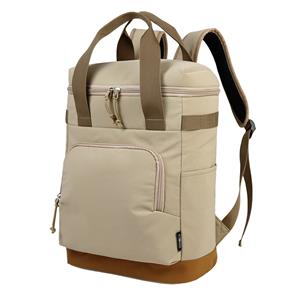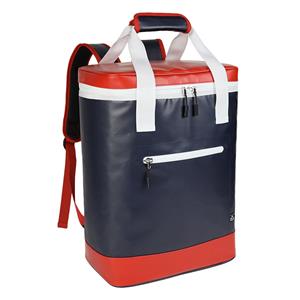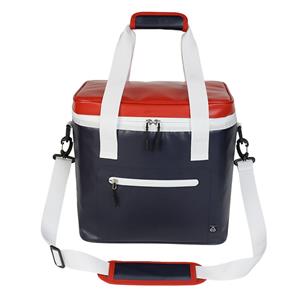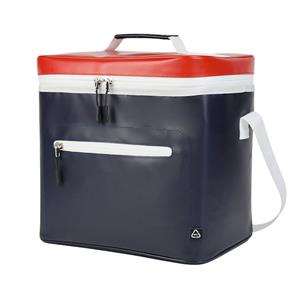Camping Coolers: Navigating the Market and Making Informed Choices
The camping cooler market has become a vibrant landscape of options, brands, and features, which can be both exciting and overwhelming for consumers seeking the perfect cooler for their outdoor adventures. With so many choices available, from budget - friendly models to high - end, luxury coolers, navigating this market requires a strategic approach and a clear understanding of your specific needs and priorities. Making an informed choice involves delving into aspects beyond just price and size, considering factors that will directly impact your camping experience and the cooler's long - term value.
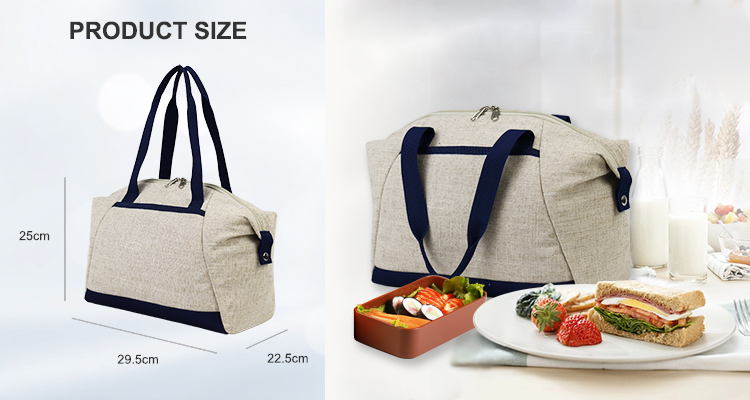
Brand reputation is often the first consideration for many consumers, and for good reason. Established brands in the outdoor industry have built their credibility through years of research, development, and customer feedback. Companies like Yeti, Coleman, and Igloo have become household names in the camping cooler sphere, each offering a range of products that cater to different segments of the market. Yeti coolers, for instance, are renowned for their exceptional durability and insulation performance, making them a top choice for serious outdoorsmen who demand reliability in challenging conditions. Coleman, with its long history in outdoor equipment, balances performance with accessibility, offering coolers that provide decent insulation and features at more moderate price points. Igloo has evolved from its origins as a styrofoam cooler manufacturer to produce innovative models with advanced insulation systems and eco - friendly initiatives. However, it's important not to be swayed solely by brand reputation; emerging brands and lesser - known manufacturers may offer products with comparable or even superior performance at more competitive prices. Conducting thorough research and reading unbiased customer reviews can help you uncover these hidden gems.
When examining a cooler's features, it's essential to differentiate between those that are genuinely useful for your camping style and those that might be superfluous. For example, a built - in Bluetooth speaker or LED lighting system might seem like a fun addition, but if you primarily camp in remote areas with limited battery access, these features could become liabilities rather than assets. On the other hand, a well - designed drainage system or a sturdy handle for easy transportation are features that offer practical benefits across most camping scenarios. Consider creating a checklist of must - have features based on your camping activities and preferences. This checklist can serve as a reference when comparing different models and help you stay focused on what truly matters for your needs.
The cooling capacity and temperature - retention performance of a camping cooler should be evaluated based on how you intend to use it. Manufacturers often provide temperature - retention specifications, such as how many hours or days the cooler can maintain a certain temperature with a given amount of ice. However, these figures are typically derived from laboratory tests under ideal conditions, so it's wise to seek out real - world user reviews to gain a more accurate picture. If you plan to camp in hot climates or for extended periods without ice resupply, investing in a cooler with superior insulation and proven long - term temperature - retention capabilities is crucial. For shorter trips or cooler - climate camping, a cooler with moderate performance might suffice, allowing you to allocate your budget to other features or equipment.
The physical construction and durability of the cooler are equally important considerations. A well - built cooler should be able to withstand the rigors of outdoor use, including drops, impacts, and exposure to the elements. Examining the quality of materials used in the cooler's body, lid, and hardware components can provide insights into its durability. Look for coolers with reinforced corners, sturdy latches, and thick insulation layers. The type of insulation used (e.g., polyurethane foam versus EPS) will also impact both performance and longevity. Additionally, consider the cooler's warranty as an indicator of the manufacturer's confidence in its product. A comprehensive warranty covering defects in materials and workmanship for an extended period suggests that the cooler is built to last.
Ergonomics and usability should not be overlooked when selecting a camping cooler. A cooler that's difficult to open, carry, or organize can quickly become a source of frustration during your camping trip. Test the cooler's handles and latches in - store if possible, assessing whether they provide a comfortable grip and operate smoothly. The interior design should facilitate easy access to contents without having to unload the entire cooler each time. Features like removable baskets, dividers, or separate compartments can enhance organization and usability. Also, consider the cooler's weight when empty, especially if you'll need to transport it any distance from your vehicle to your campsite. A lighter cooler might be more practical for certain camping scenarios, even if it means slightly compromised insulation performance.
The environmental impact of the cooler is becoming an increasingly important factor for many consumers. As previously discussed, some coolers are made with recycled materials, have eco - friendly insulation, and are designed for recyclability at the end of their life. Supporting brands that prioritize sustainability not only reduces your ecological footprint but also contributes to a broader movement toward more responsible outdoor gear production. However, it's essential to scrutinize these environmental claims carefully, looking for third - party certifications or detailed explanations of the eco - friendly materials and processes used. Green - washing, where companies exaggerate their environmental credentials, is unfortunately common in the marketplace, so informed skepticism is warranted.
Finally, seeking advice from experienced campers and outdoor communities can provide invaluable perspectives that you might not encounter in product literature or online reviews. Engaging with camping forums, social media groups, or local outdoor clubs allows you to hear firsthand accounts of how different coolers perform in various situations. These anecdotal insights can highlight potential issues or优点 that aren't immediately apparent from product specifications alone. Additionally, many outdoor retailers host camping - related events or workshops where you can interact with product demonstrators and other camping enthusiasts, further enriching your decision - making process.
In the end, the camping cooler you choose should be a perfect match for your camping style, priorities, and values. It's an investment in your outdoor experiences, one that will accompany you on numerous adventures and contribute significantly to your comfort and enjoyment in the wilderness. By navigating the market with a clear set of criteria and a willingness to research and ask questions, you can find a camping cooler that becomes an indispensable part of your camping gear collection.

